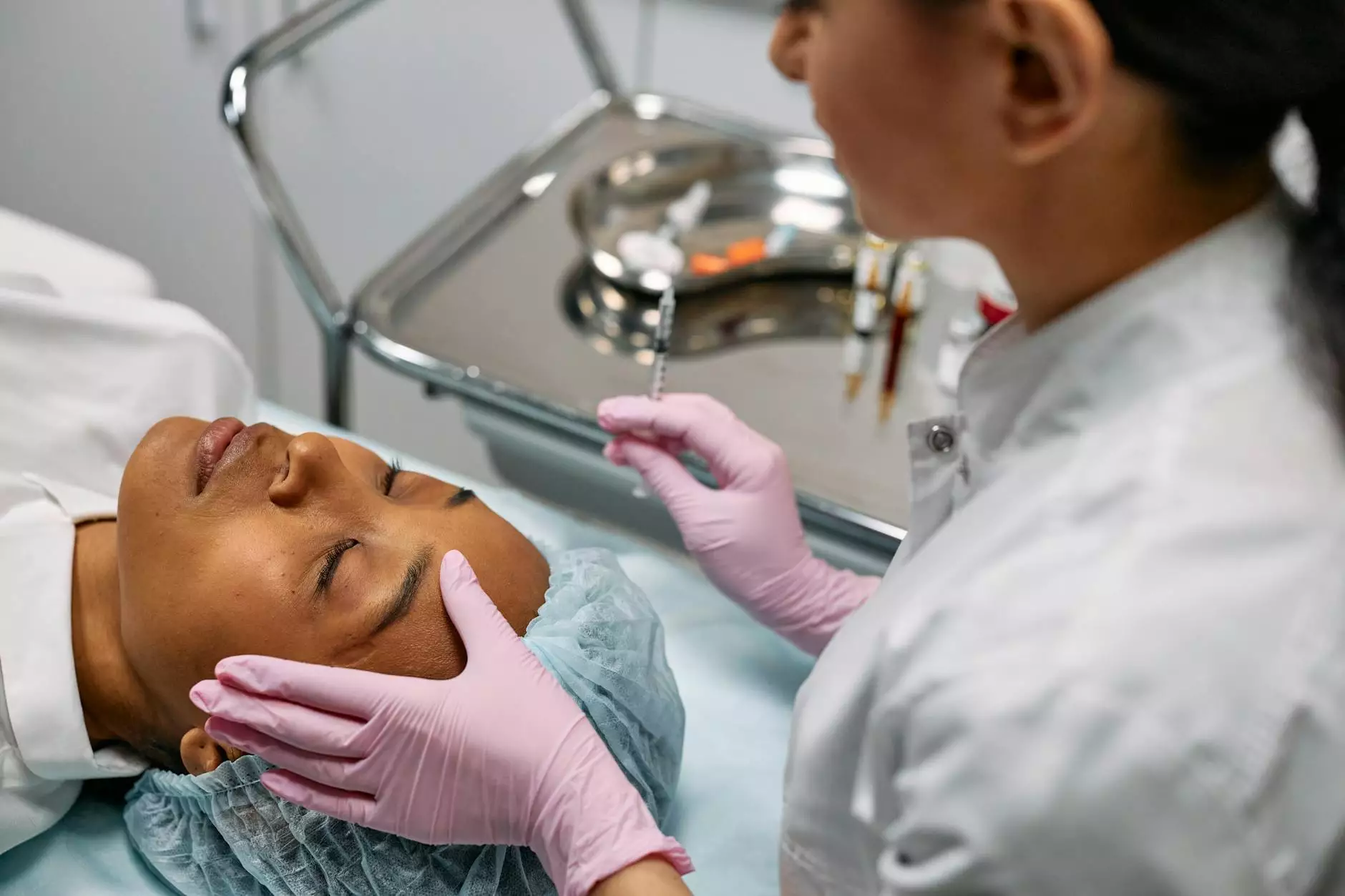Understanding Arthramid Injection for Horses: Cost, Benefits, and Insights

The world of equine care is constantly evolving, and among the various treatments available, Arthramid injections have gained significant attention. These injections are becoming a popular choice for horse owners seeking effective solutions for joint issues. This article delves into the cost of Arthramid injections for horses, the *benefits*, and essential factors to consider.
What is Arthramid Injection?
Arthramid is a synthetic, injectable polymer designed to treat joint pain and inflammation in horses. Its primary component, polyacrylamide gel, is non-toxic and biocompatible, making it an excellent option for therapeutic applications. When injected into the joint, Arthramid provides cushioning and stability, leading to significant improvements in mobility and quality of life for equine athletes.
Benefits of Arthramid Injections for Horses
Utilizing Arthramid injections can have numerous advantages for both horses and their owners. Here are some of the prominent benefits:
- Pain Relief: Arthramid effectively alleviates pain associated with joint conditions, allowing horses to return to their work or sport.
- Improved Joint Function: By providing lubrication and cushioning, the injections enhance joint mobility and function.
- Long-Lasting Effects: Many horses experience prolonged relief from symptoms due to the sustained action of Arthramid.
- Minimally Invasive: Unlike surgical options, Arthramid injections are less invasive, leading to shorter recovery times.
- Safe for Use: The product is formulated to be safe for horses, minimizing the risk of adverse reactions.
Costs Associated with Arthramid Injections
When considering arthramid injection for horses cost, it is essential to understand several factors that influence pricing:
1. Geographic Location
The cost of Arthramid injections can vary based on your geographic location. In urban areas, prices might be higher due to increased demand and overhead costs.
2. Veterinary Fees
The rates charged by veterinarians for the administration of the injection can influence the overall cost. Some equine practitioners may charge a flat rate, while others might have variable fees based on the hours spent during the procedure.
3. Dosage Requirements
The required dosage for effective treatment can differ depending on the horse's size and condition. Larger horses may require more product, impacting the total cost.
4. Follow-Up Care
Depending on the initial response to treatment, additional follow-ups might be necessary. This aspect should be budgeted for when considering the overall investment in Arthramid injections.
5. Additional Treatments
Some horses might require concurrent treatments to address underlying conditions. It's vital to consider whether additional therapies will add to the overall expense.
Typical Pricing Range
On average, the cost of Arthramid injection for horses can range from $300 to $800 per injection session. This includes the price of the product as well as the veterinarian’s fees. However, the total expenses can fluctuate based on the factors mentioned earlier. It's advisable to consult your veterinarian for a more accurate estimate tailored to your horse's specific needs.
Factors Influencing Treatment Success
While understanding the cost is crucial, it's equally important to recognize factors that can influence the success of Arthramid injections:
- Severity of the Condition: Early intervention generally leads to better results.
- Horse's Age: Younger, healthier horses often respond more favorably compared to older horses with chronic issues.
- Overall Health: Horses with other underlying health conditions may have different responses to treatment.
- Veterinarian Expertise: Skilled veterinarians naturally achieve higher success rates through their experience with these injections.
Preparing for the Injection
Preparation is key to ensuring the best possible outcomes. Here are steps to consider before administering Arthramid injections:
1. Veterinary Consultation
Schedule a comprehensive examination with a qualified veterinarian to determine if Arthramid injections are suitable for your horse’s needs.
2. Diagnostic Imaging
Diagnostic tools such as X-rays or ultrasound may be required to assess the condition of your horse's joints accurately.
3. Discuss Treatment Plan
Have an open discussion about the treatment plan, expected outcomes, and costs involved. This transparency helps in making informed decisions.
Post-Injection Care
After the procedure, proper care is vital. Here’s how you can ensure your horse recovers effectively:
1. Monitoring Activity
Avoid strenuous activities for several days post-injection to allow the joint to adapt to changes and prevent injury.
2. Follow-Up Appointments
Schedule follow-up visits as recommended by your veterinarian to monitor your horse’s progress.
3. Observe for Changes
Be vigilant and observe your horse for any changes in behavior, mobility, or overall health. Report any concerns to your veterinarian promptly.
Conclusion: Investing in Your Horse's Health
Arthramid injections represent a valuable investment for horse owners striving to enhance their animal's well-being. By understanding the cost associated with Arthramid injections, the benefits they provide, and effective care around the treatment, you are empowering yourself to make informed decisions. The positive impact of these injections can lead to happier, healthier horses ready to perform at their best.
For more information about purchasing Arthramid injections and other horse medications online, visit kihorsemed.com. Prioritize your horse's health today!









